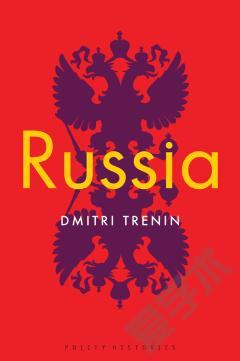Russia
As PRESIDENT Vladimir Putin prepares to host the summit of the G-8 (the group of eight highly industrialized nations) in St. Petersburg in July, it is hardly a secret that relations between Russia and the West have begun to fray. After more than a decade of talk about Russia's "integration" into the West and a "strategic partnership" between Moscow and Washington, U.S. and European officials are now publicly voicing their concern over Russia's domestic political situation and its relations with the former Soviet republics. In a May 4 speech in Lithuania, for example, U.S. Vice President Dick Cheney accused the Kremlin of "unfairly restricting citizens' rights" and using its energy resources as "tools of intimidation and blackmail." Even as these critics express their dismay, they continue to assume that if they speak loudly and insistently, Russia will heed them and change its ways. Unfortunately, they are looking for change in the wrong place. It is true, as they charge, that Putin has recently clamped down on dissent throughout Russia and cracked down on separatists in Chechnya, but more important changes have come in Russia's foreign policy. Until recently, Russia saw itself as Pluto in the Western solar system, very far from the center but still fundamentally a part of it. Now it has left that orbit entirely: Russia's leaders have given up on becoming part of the West and have started creating their own Moscow-centered system. The Kremlin's new approach to foreign policy assumes that as a big country, Russia is essentially friendless; no great power wants a strong Russia, which would be a formidable competitor, and many want a
{{comment.content}}








 京公网安备 11010802027623号
京公网安备 11010802027623号